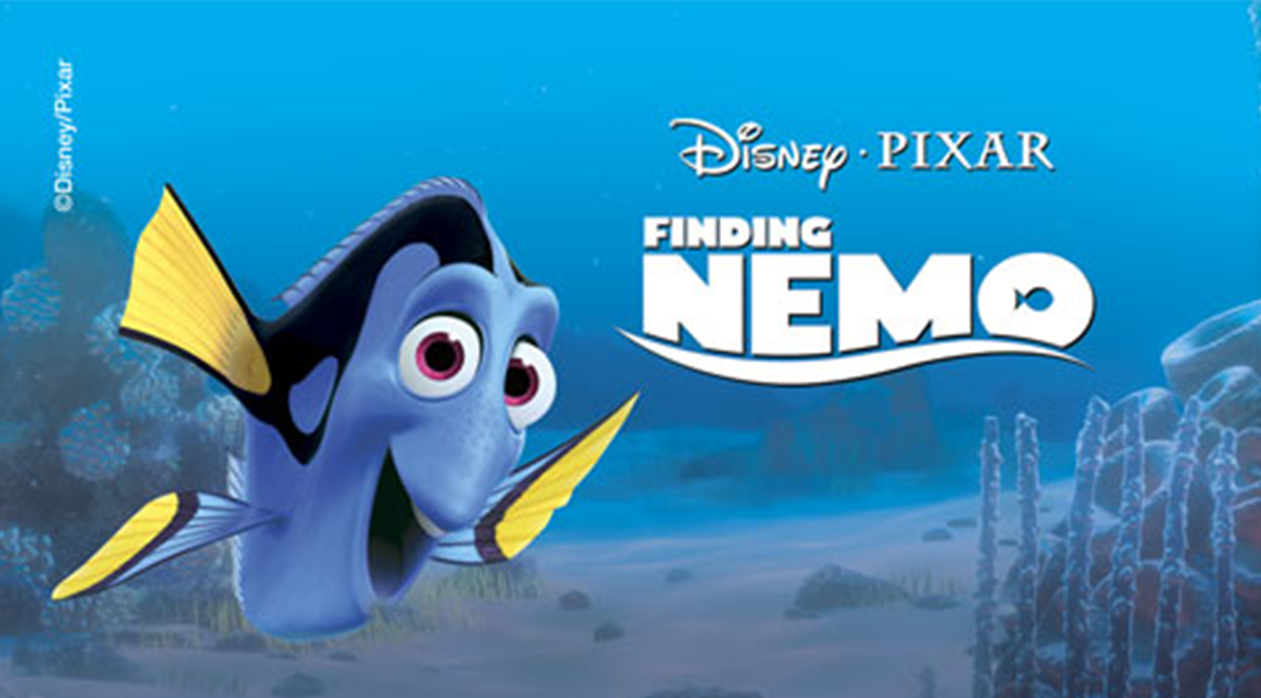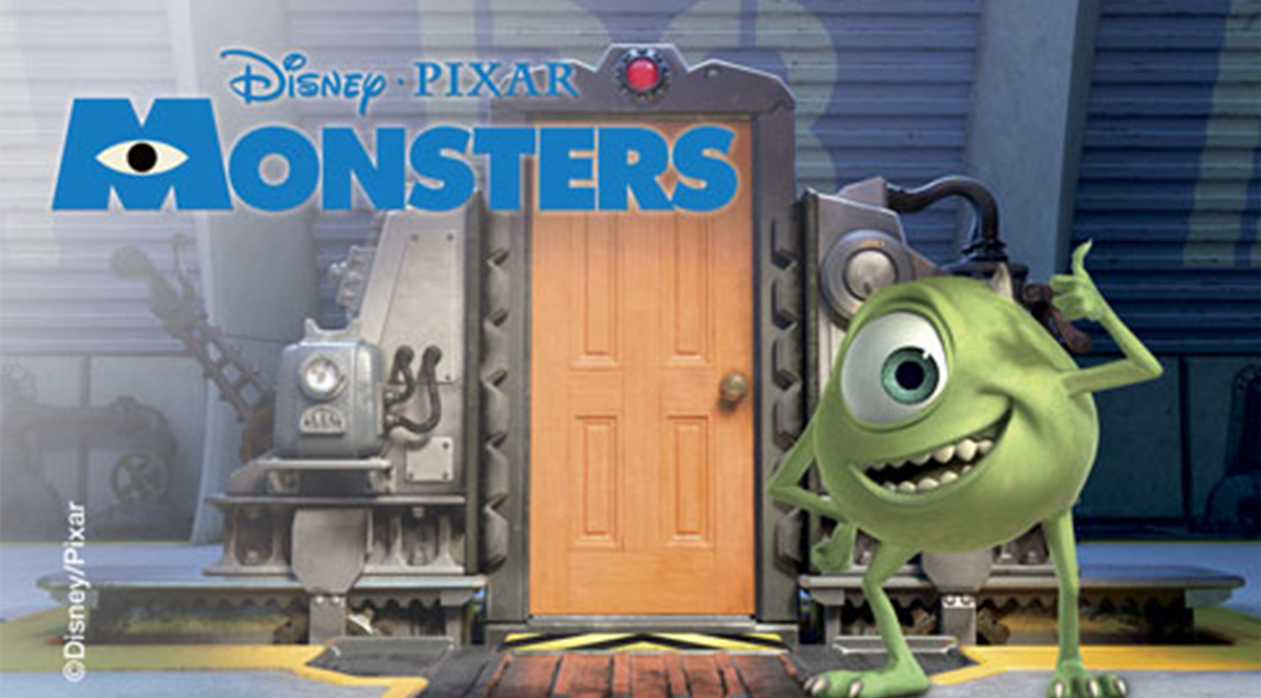Obstacle race
This is a seated version of a classic obstacle race. Seat everyone at a table, and give each one three dried peas, a drinking straw, a bottle of water and their favourite healthy snack. Each participant must use the straw to blow the peas off the table, one by one. Then they must eat their snack and use the straw to drink the water.


